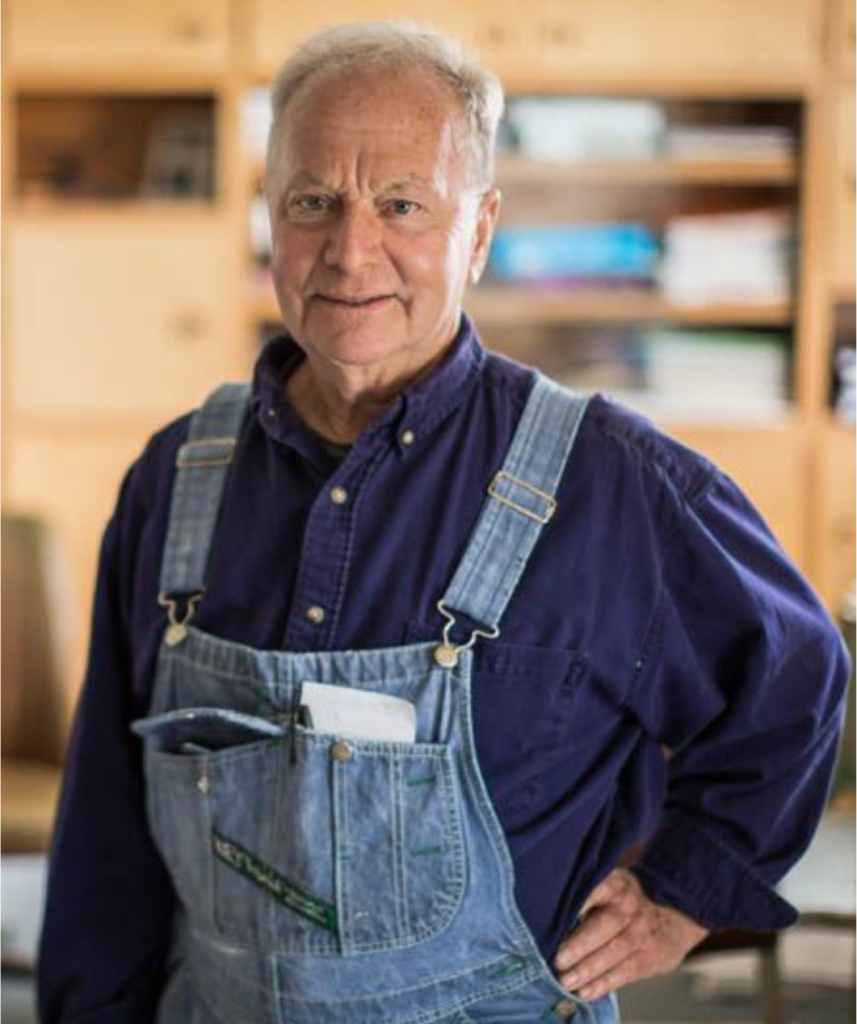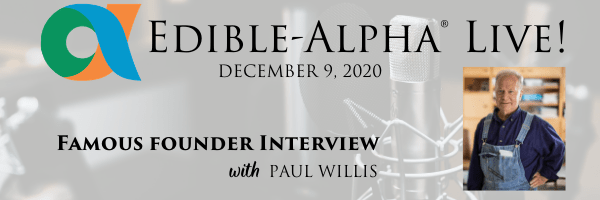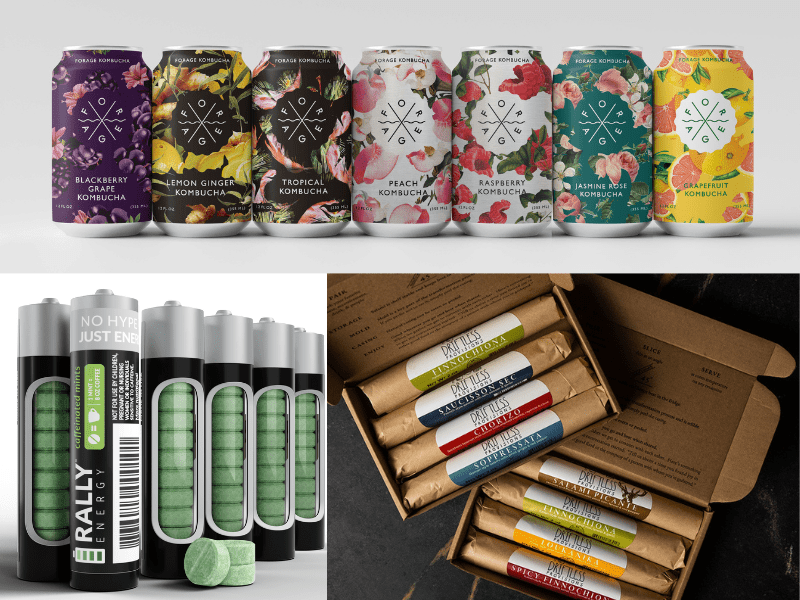The Edible-Alpha® podcast aims to educate and inspire listeners by showing “what it really takes to make money in food,” as Tera says in the intro to each episode. December’s Edible-Alpha® Live! was a turbocharged version, sharing the stories of up-and-coming entrepreneurs as well as celebrated trailblazers in food and ag.
For one of her three famous founder interviews, Tera spoke with Paul Willis, who went from pasture-raising pigs in Iowa to overseeing 700 farmers and ranchers in the nationwide Niman Ranch network. Refusing to adopt the CAFO model of hog farming, he stuck to his values, partnered with sustainable beef producer Bill Niman and helped build Niman Ranch into the esteemed sustainable meat brand it is today.
Paul’s journey is loaded with lessons for all food and farm entrepreneurs, regardless of business size, scope or segment. Here are five key takeaways to keep in mind when launching or scaling.
1. It’s gotta taste good. Sadly, taste can get lost in the shuffle when making strategic decisions around cultivating or sourcing ingredients or manufacturing products. A brand might have a compelling social mission or the most sustainable offering in its category, but if the food isn’t scrumptious, it won’t sell. Just as Niman Ranch routinely samples its farmers’ meats to ensure they’re delicious, food and farm businesses should never lose focus on product quality.
2. Find your target market. It would be awesome to count everybody as a customer, but that’s not realistic—especially for premium-quality, sustainably produced, delicious food. Back in the ’90s, Paul knew most Iowans wouldn’t pay more for his pork, so he sought out a customer base that valued his farming methods and mission enough to justify the price tag. Locking into Bill’s Bay Area market gave him that ever-important foothold, which allowed Niman Ranch to grow organically. Thanks to the internet, entrepreneurs today are less limited by geography, but it still takes work to find those core customers who’ll become raving fans and help expand the brand. Research, research, research to identify ideal buyers and then deliver on the brand proposition.
3. You can’t do everything yourself. Most entrepreneurs possess a broad skill set, but no entrepreneur can do it all. The most successful food and farm businesses are collaborative efforts. Paul knew how to raise hogs, but not how to further-process or market them—those were Bill’s fortes. By working together, their company flourished. Know your strengths and limitations, and don’t be afraid to ask for help.
4. Invest in supply chain resiliency. As a business gains traction, it’s important to think about sourcing long-term. Will key ingredients still be available and affordable in two, five or 10 years? Can today’s farmland sustain future production? There are many ways to invest in the supply chain upfront to ensure its resiliency. For Niman Ranch, this means nurturing the next generation of farmers by offering free breeding stock and college scholarships for farmers’ kids interested in ag.
5. Acquisition doesn’t have to mean sellout. Big food companies buy up startups all the time, and it doesn’t necessarily mean the little guy was in trouble—or that it “sold out.” Oftentimes, an acquisition is a boon for the small brand, providing the capital and reach to further its mission. According to Paul, this is what happened when Perdue Farms bought Niman Ranch. Of course, it doesn’t always work out this way, so founders should be discerning when entertaining offers. But if the right company comes knocking, it could be an incredible opportunity.
Tera’s chat with Paul Willis of Niman Ranch closed out her famous founder interviews at Edible-Alpha® Live! back in December. Long committed to raising hogs humanely on pasture, Paul joined up with Bill Niman in the 1990s to scale this model, support fellow small farmers and serve conscious consumers nationwide. He also helped create the Certified Humane standards that have become a staple in sustainable meat marketing. Don’t miss their engaging, inspiring conversation!
Listen to the Latest Episode | Watch the Interview on YouTube! | Subscribe to Our Podcast

Ready to Define (or Refine) Your Brand Strategy?
Edible-Alpha® is partnering with Katie Mleziva of Real Food Brands to bring you On-Demand Deep Dive: Building a Valuable Food Brand! In this 50-minute course, you will:
- Assess your current brand strategy using Real Food Brand’s brand checkup checklist.
- Learn tips and tools to set your brand apart and meet consumers’ needs as only you can.
- Complete workbook exercises to propel your brand strategy and think strategically about your brand across all areas of your business.
Food and farm entrepreneurs at all stages, as well as consultants, can benefit from this curriculum, so don’t delay!
Take the Course!
Next Workshop: Operations & Organization Planning
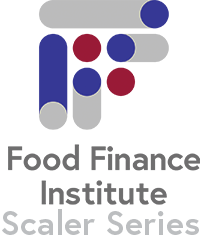
Part of the FFI Scaler Series, our Operations & Organization Planning Workshop on February 24 will cover how to develop a high-performing organization and deliver the best quality at the lowest cost.
This workshop is FREE thanks to funding from the Small Business Administration. Save your spot today!
Register Here
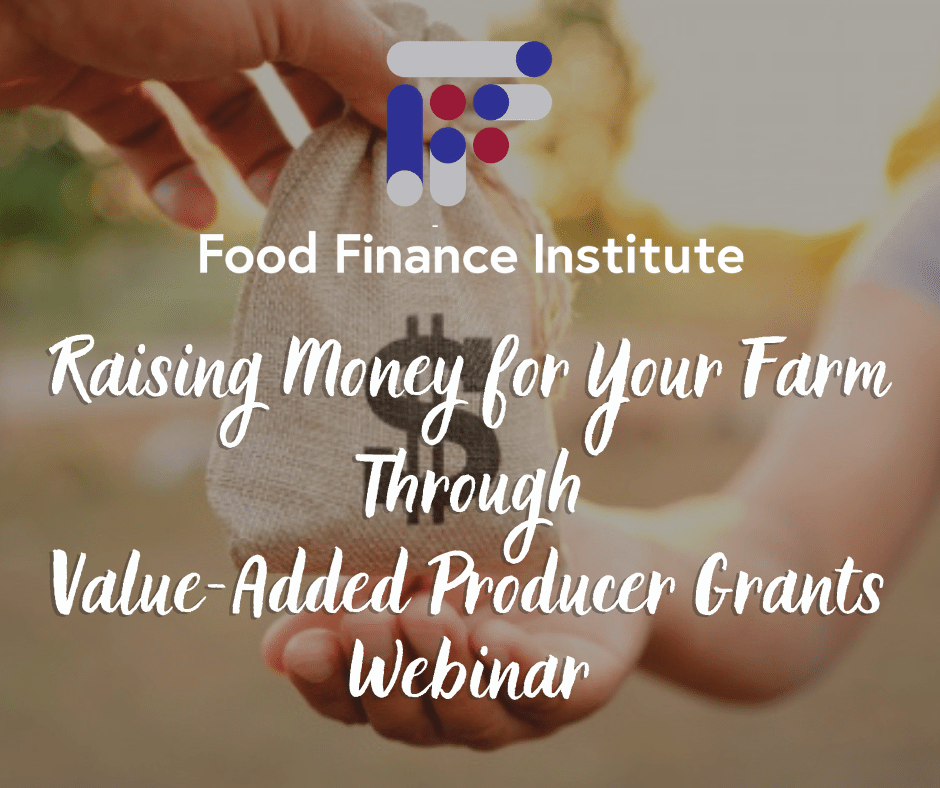
VAPG Webinar Recording Now Available!
Check out the recording of FFI’s most recent webinar! Tera Johnson interviews renowned VAPG writer and consultant, Jim Gage of JDG Consulting. The webinar gives farm entrepreneurs a better understanding of how a VAPG could help their businesses and if they should be writing one right now.
The VAPG RFA period is currently open with applications due March 22nd. If a VAPG is right for you, FFI and JDG Consulting have resources to help you do so.
View Here
And now, our roundup of the best food and beverage finance news, events and resources from around the web…

Business Model Insights
- Targeted digital advertising campaigns focused on specific goals help brands reach shoppers at home (FoodNavigator-USA) As consumers keep buying groceries online and limiting in-store shops, brands should shift more advertising dollars to digital—but not all online marketing and sales strategies work for all brands.
- 4 considerations for setting 2021 business goals (New Hope Network)
- 5 strategies to keep market share gains from the pandemic, drive new growth (FoodNavigator-USA)
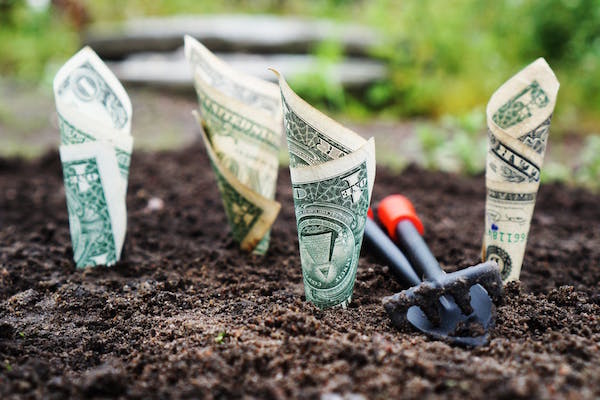
Raising Capital
- Finding a farm loan (Successful Farming) If your banker turns you down for a farm loan, it may not be because of your financial position—it could be because of theirs.
- SBA targeted advance: What small businesses need to know about the disaster loan program for 2021 (Fast Company)
- There is a lot of money on the table with carbon markets. But farmers are skeptical (IndyStar)
CPG/National Brands
- Sustainable packaging gains as COVID “shock” ebbs, but carbon calculations pose challenge (FoodNavigator-USA) Sustainability is moving back up consumers’ priority lists after being pushed down by COVID-19 safety concerns. But switching to more renewable packaging could be complicated by a dual focus on reducing carbon emissions.
- Online CPG food and beverage sales could top $100 billion in 2021 (Supermarket News)
- Small, Extra-Small and Private Label CPG Manufacturers Gained Market Share in 2020 (IRI)
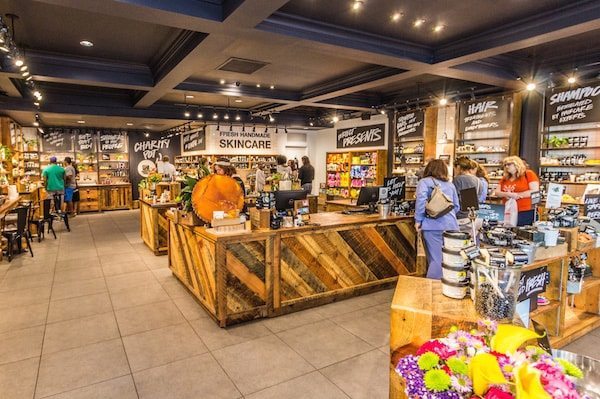
Market Trends
- Why Isn’t Kelp Catching On? (The New York Times) Bri Warner of Atlantic Sea Farms and other proponents say that with more developed infrastructure now in place, kelp’s moment has arrived.
- US household CPG spending surged 19% in 2020 (New Hope Network)
- Organic Produce Sales Up 14 Percent in 2020, Topping $8.5 Billion (Organic Produce Network)
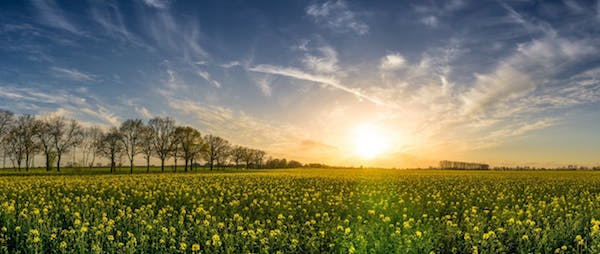
Farming and AgTech
- Why Food Systems Need Resilient Farmers Markets: 5 Lessons from 2020 (Food Tank) Farmers markets have provided a lifeline for farmers while meeting new demand for local food. They are key to food-system resilience—if we apply learnings from 2020.
- Planting crops—and carbon, too (The Washington Post)
Our Future Food Supply Depends on Endangered Wild Crops (Civil Eats)

Deals/M&A
- CIBO, Peoples Company partner for carbon credits on farmland (Successful Farming) Peoples Company has committed to enroll over 20,000 managed acres in the CIBO Impact platform, potentially generating $400,000 in new revenue for owners and operators in the first year when all credits are verified and sold.
- Imperfect Foods Secures 95 Million USD Investment in Series D Funding Round (Deli Market News)
- ReNature Raises Venture Funding to Scale Regenerative Agroforestry (Forbes)

- Virtual Events
- Sustainable Farming Association Annual Conference: 2/8–2/13
- World Ag Expo: 2/9–2/11
- Regenerative Grazing: Fundamentals for Farmers: 2/11–2/25
- AFFI-CON 2021: Accelerating Growth with Frozen Ingredients: 2/17–2/26
- MOSES Organic Farming Conference: 2/22–2/27
- FFI to Host MOSES Roundtable! How to Get Your Farm Business Ready to Raise Money: 2/24
- UNFI Natural & Conventional Spring & Summer Show: 2/23–2/25
- FFI Scaler Series: Operations & Organization Planning Workshop: 2/24
- Edible-Alpha® Consultant Huddle: 3/1
- Raising Equity: 3/2–2/3
- Natural Products Expo Virtual Spark Brand Success: 3/2–3/4
